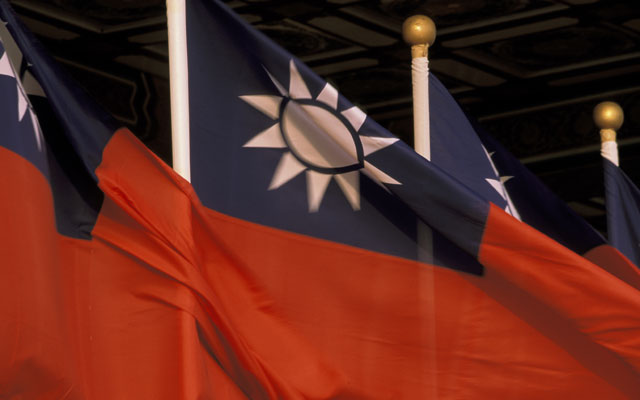Fostering the U.S.-Taiwan relationship is vital to U.S. relations with many of its allies in the Asia-Pacific region and will prove profitable for U.S. security and economic interests.
The Heritage Foundation recently hosted a discussion on the future of U.S. relations with Taiwan.
Randy Schriver, former Deputy Secretary of State for East Asian and Pacific Affairs under the Bush Administration, noted that “support for eventual independence (in Taiwan) is increasing, while support for unification with China is decreasing.” This trend has frustrated China’s hopes for unification and created an opportunity for the United States to provide the military- and security-related support to Taiwan that it needs.
However, Schriver’s most enlightening point related to the vital importance of Taiwan’s own relationship with Japan:
Taiwan should be working positively with Tokyo and trying to improve that relationship, not cause any damage or any rifts. Now this is very difficult for Taiwan and I appreciate it. Taiwan is stuck between its most important economic partner, China, and its most important security partner, the U.S.–Japan alliance. Notice I added Japan here because the U.S. cannot fulfill—cannot fulfill—[Taiwan Relations Act] obligations without the U.S.–Japan alliance with respect to how we’re currently postured and configured.
The U.S. is legally obligated in the words of the 1979 Taiwan Relations Act to “maintain the capacity of the United States to resist any resort to force or other forms of coercion that would jeopardize the security, or the social or economic system, of the people on Taiwan.”
Shriver noted that Taiwan should “avoid any appearance of collusion with [China] on the Senkaku Islands”—something Beijing recently seems at pains to do. As Shriver put it, “Japan is arguably Taiwan’s second most important security partner, but again, I see the U.S. and Japan tied here. So, if Taiwan undertakes activities that cause problems with Tokyo, that will cause problems with the United States, and that should be avoided.”
Fostering the U.S.–Taiwan relationship should be a priority for U.S. foreign policy, especially since Taiwan has the opportunity to serve as a calming influence in the most recent conflicts in the South and East China Seas. So long as Taiwan continues to prove itself a good regional citizen and avoids activities that might create uncertainty in the region, it will serve as a critical American partner in Asia. This is important to the U.S., but for Taiwan, maintaining the U.S.–Taiwan partnership is a matter of life and death.




























